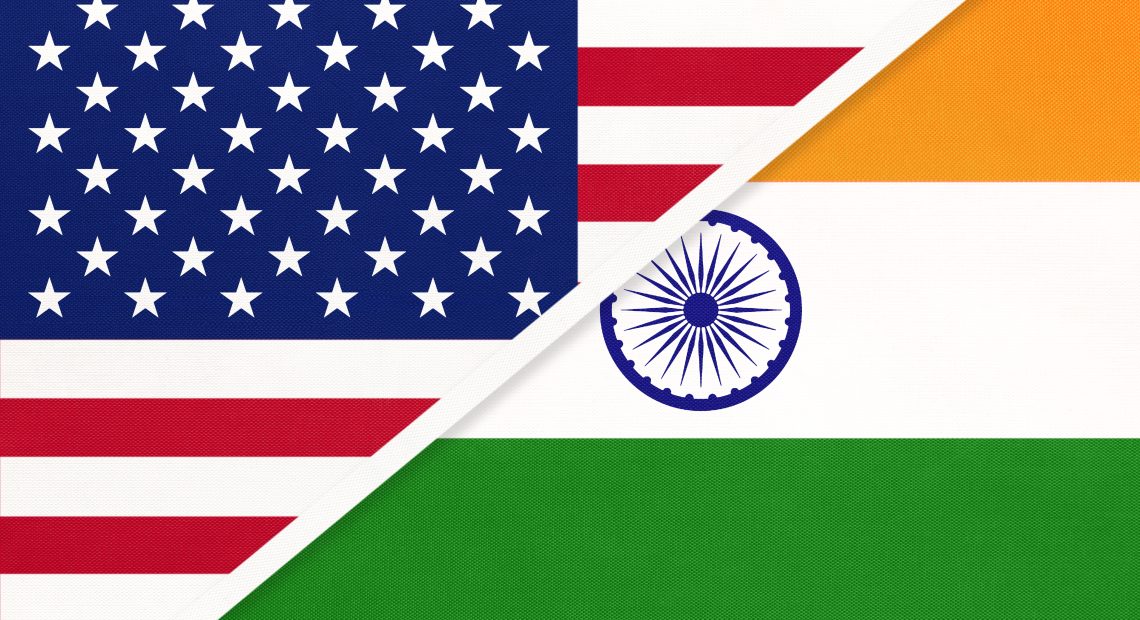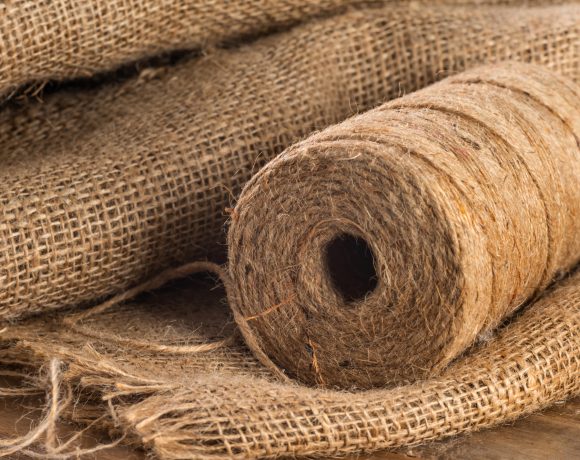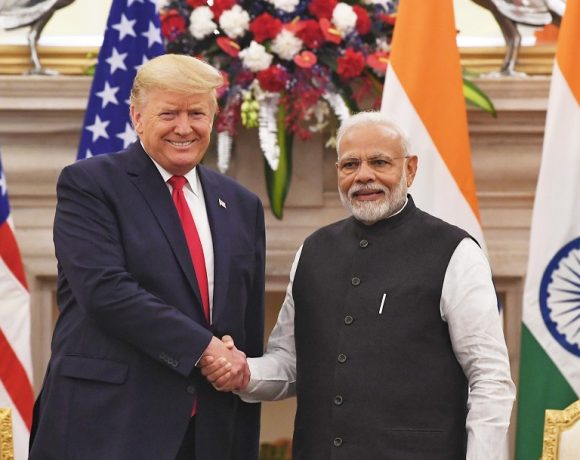
India Considers Tariff Reductions and Increased Imports to Address U.S. Trade Concerns
In response to potential trade actions from U.S. President Donald Trump, the Indian government is evaluating strategies to reduce its trade surplus with the United States, which stood at $35.3 billion for the fiscal year ending March 31, 2024. Officials are considering measures such as lowering import tariffs and increasing purchases of American products, including whiskey, steel, and oil. Discussions also involve reducing duties on specific items like bourbon whiskey and agricultural goods such as pecan nuts. One proposal includes targeting tariff reductions on goods from U.S. states that hold political significance for the Republican Party.
These considerations are part of India’s broader strategy to avoid confrontation with the U.S. and to capitalize on opportunities arising from potential U.S.-China trade conflicts. The government is also contemplating a limited trade agreement with the U.S., revisiting efforts that were previously unsuccessful during Trump’s first term. This plan may involve reducing “most-favored nation” tariffs applied to countries without bilateral trade agreements with India.
On his first day in office, President Trump announced plans to impose a 25% tariff on imports from Mexico and Canada by February 1, while postponing specific tariffs targeting China. He also issued warnings to BRICS nations, including India, about potential tariff increases. In light of these developments, India is proactively exploring avenues to strengthen economic ties with the U.S. and mitigate any adverse effects on its economy.


















